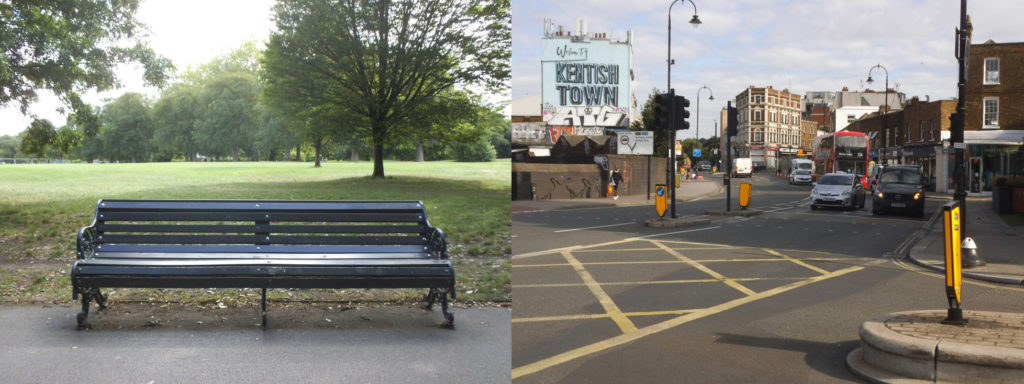
In this piece, young writer Daphné Katz reflects on Ivan Ward’s recent talk on ‘The Psychological Effects of Racism’ and the pitfalls of white anti-racism.
What I interpreted as Ivan Ward‘s biggest concern regarding racial disparity in the UK and globally, is its denial.
This is something I immediately recognised, going to a school in North London, a place where, according to some of my peers “there is no racism”. However, Ivan went further, suggesting that while the denial of racism by white people is incredibly dangerous, and absolutely facilitates the following, we must urgently address the denial of racism by those who experience it themselves. In one fantastic, devastating hour, Ivan went on to explore the nature of this denial, its relationship to “normality” and “otherness”, and how destructive the impact of the alienation of BAME people on their psyches is and always has been.
I also understood while listening, however, that this talk was very much intended to be heard by people of colour. As someone who is not a person of colour, I aim in this short piece, not to comment on Ivan’s assertions about the effects of racism on the psyches of people of colour: his words need no reiteration, especially not by someone who has never known such an experience. I aim instead to comment on this notion of white liberal allyship, that Ivan does not explicitly mention, but still manages to expose as simply another white fantasy, constantly groping at people of colour, desperate to have them play along.
“By centering discussions about racism on white people, we simply perpetuate its existence.”
Listening to Ivan, it occurred to me that every white response to racism I have ever witnessed in my lifetime (including my own) has been nothing more than a projection of self-loathing onto people of colour, or an ever-changing fantasy about human nature that aims to trap people of colour in some kind of subservient role, both of which come under racism itself, further exposing how by centering discussions about racism on white people, we simply perpetuate its existence.
Ivan used multiple personal experiences of racialised micro-aggression to illustrate this idea of projection. He astutely observed that what these aggressors saw in Ivan when they looked at him was not him at all: the uncivilised man who couldn’t read, the intruder in the theatre, the thief, that these people saw was in each case a reflection of their own disgust that they had (conscious or not) with their own actions.
Recently a friend of mine pointed out the hypocrisy that so many white people had been outraged with the looting during the riots following George Floyd’s death, but had never shown any concern with the looting and raping of African soil by white people that has been going on for 400 years. But Ivan expressed that this hypocrisy, this denial is precisely what racism is founded on.
“As white people, anti-racism is not about our self-improvement, it’s about the radical dismantlement of the white-supremacist superstructure that systemically perpetuates violence against people of colour.”
However, once aware of this denial, many white people often adopt a different (but equally problematic) attitude, and it was Ivan who made me aware of this very attitude in myself. This attitude is one of supposed guilt, but that actually removes responsibility from the one adopting it. It’s an attitude that revolves around performing self-flagellation and declaring one’s own prejudices in an unconscious effort to distract everyone from the fact that this person is in fact doing nothing about said prejudices: it’s a disingenuous cop-out response.
The truth of the matter is, as white people, anti-racism is not about our self-improvement, it’s about the radical dismantlement of the white-supremacist superstructure that systemically perpetuates violence against people of colour, and no amount of Amazing Grace renditions will achieve this. I cannot recommend Ivan Ward’s deeply moving, and incisive talk enough. No matter what your ethnic background is, you will most certainly learn something from it, and this piece could not possibly come close to doing it justice.
On Demand: The Psychological Effects of Racism
You can watch Ivan Ward’s talk on The Psychological Effect of Racism in our On Demand section.



